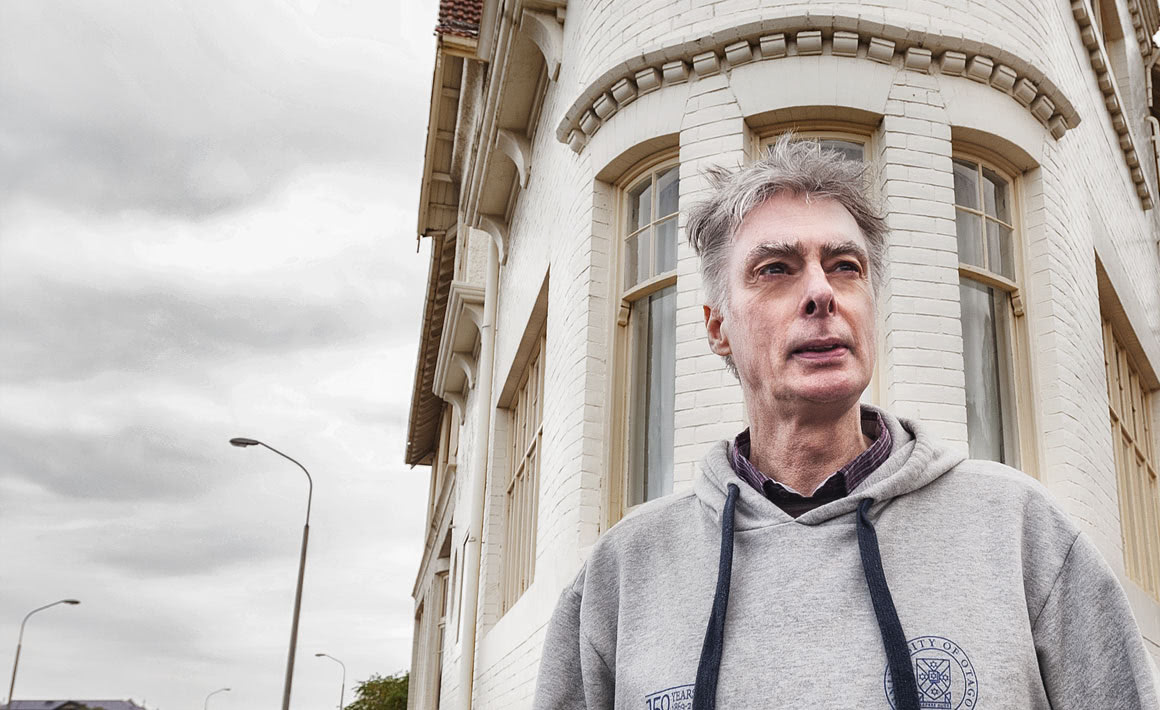 Associate Professor Neil Pickering: “The challenge we have taken the most focused interest in is resource allocation … such as access to intensive care and to personal protective equipment in a pandemic.”
Associate Professor Neil Pickering: “The challenge we have taken the most focused interest in is resource allocation … such as access to intensive care and to personal protective equipment in a pandemic.”A University of Otago academic has taken a leading role in developing advice for the Minister of Health on ethical issues surrounding the COVID-19 pandemic.
Associate Professor Neil Pickering (Bioethics Centre) chairs the National Ethics Advisory Committee (NEAC), which is an independent committee set up to advise the Minister of Health on ethical issues in health services and research, and to determine ethical standards for the health sector.
Pickering explains that the committee previously produced guidance on potential ethical issues that might arise during a pandemic: Getting Through Together: Ethical Values for a Pandemic was published in 2007 when Otago's Associate Professor Andrew Moore (Philosophy) chaired the committee.
“At that time, they were thinking of a 'flu pandemic, rather than what we have now,” Pickering says. “Ironically, it was on our work programme this year to update the guidance but, before we could do that, the real thing hit us, so our focus changed somewhat.
“NEAC has been meeting, either as a whole committee or sometimes as sub-committees working on specific issues, throughout the COVID-19 pandemic.
“Individual members of the committee have been very aware of specific challenges that COVID-19 has presented us. The challenge we have taken the most focused interest in is resource allocation, including issues that have been very much to the forefront, such as access to intensive care and to personal protective equipment in a pandemic.
“Looking ahead a bit, when and if a vaccine becomes available, how will that be distributed – which communities should that go to first – if we don't have enough to go around.”
“If you want to try out a new medicine to see if it helps slow or mitigate the effects of COVID-19, or if you want to research a vaccine, you have to act within the standards in order for your research to be ethically acceptable.”
He specifically refers to what he calls “the tension between equity and saving lives”. He cites the example of Māori, who are more likely to have co-morbidities, yet to give priority to people who don't have co-morbidities – because they are more likely to benefit from treatment – would effectively compound that Māori disadvantage.
Similar considerations apply to the allocation of vaccines, he says. Older people, for example, are more likely to be at risk of COVID-19 and therefore more likely to benefit from vaccination, yet they have had “a good innings” and maybe younger people – or health-care workers or supermarket workers – should be prioritised?
In terms of COVID-19 research in New Zealand, Pickering say that, immediately prior to the pandemic striking, the National Ethics Advisory Committee had coincidentally just finished updating its research ethics standards. “We had no idea that there would be a bit of a rush on to do research in this area,” Pickering says.
“If you want to try out a new medicine to see if it helps slow or mitigate the effects of COVID-19, or if you want to research a vaccine, you have to act within the standards in order for your research to be ethically acceptable.”
Pickering says that issues such as deliberately trying vaccines out on volunteers, when there is no cure and the virus can be fatal, raises the question of whether it is acceptable to expose the subjects to this level of risk.
He emphasises that, with all of its advice, the committee consults widely before presenting it to the Minister.
Pickering was appointed as a Health Research Council nominee on the National Ethics Advisory Committee in 2013. He has been the acting chair and then chair since 2016. He is a past member of the University of Otago's Human Research Ethics Committee, and the Health Research Council Ethics Committee which he also chaired.
Funding
Ministry of Health
University of Otago